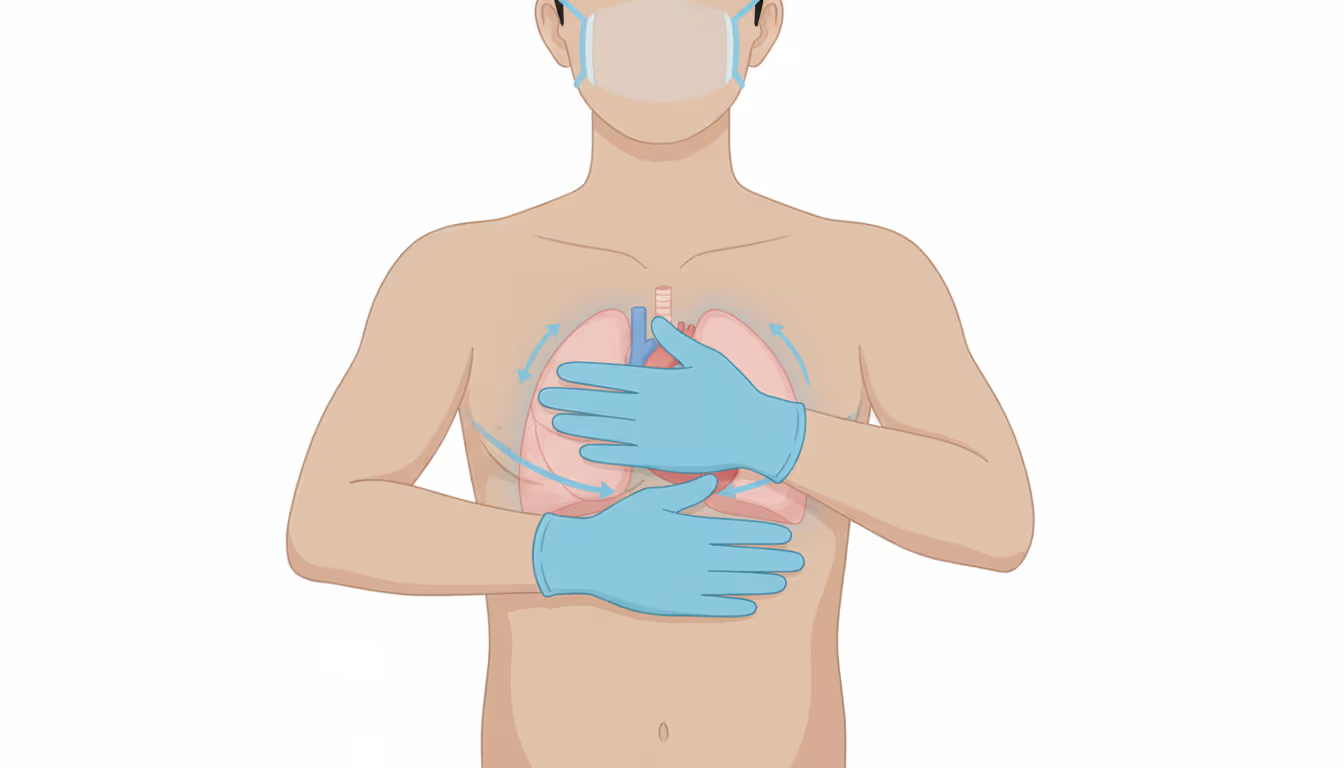
Medical Prefixes:Prefixes in medical terms act as essential building blocks. Medical terminology often involves combining multiple components, including prefixes.Examples of medical prefixes:- **a-**: Often used in healthcare to mean "not, without, or -less." For instance, in *aphonia* (voicelessness). Before a vowel, "a-" usually changes to "an-" as in *anemia* (without blood). This prefix originates from the Greek for "not."- **ab-**: This prefix comes from Latin and means "from, away from, or off." Examples include *abduction* (moving a limb away from the body's midline) and *abnormal* (away from the norm).- **ad-**: A Latin prefix meaning "toward" or "in the direction of," as seen in *adduction* (moving a limb toward the body's midline) and *adrenal* (toward the kidney).- **alb-**: Derived from the Latin "albus" for white, used in terms like *albino*. The term "albino" was first used by the Portuguese for people with a lack of pigment, likely due to albinism.- **colpo-**: From the Greek "kolpos," meaning fold, cleft, or hollow, often referring to the vagina. Examples include *colposcopy* (vaginal examination) and *colpotomy* (incision into the vagina).- **dextro-**: From the Latin "dexter," meaning right side. A molecule exhibiting *dextrorotation* turns to the right. The opposite is *levo-*.- **dia-**: A Greek-derived prefix meaning through, throughout, or completely, as in *diagnosis*.- **entero-**: A form pointing to the intestines, from the Greek "enteron." It indicates what is within the body.- **hetero-**: From the Greek "heteros," meaning different, contrasted with *homo-* meaning same.- **homo-**: Greek for "same," the opposite of *hetero-*. Examples include *homogeneous* and *heterogeneous*.- **hyper-**: Means high, excessive, or above normal. For example, *hypercalcemia* (high calcium in the blood). Its opposite is *hypo-*.- **hypo-**: Signifies low, under, or below normal, such as in *hypocalcemia* (low calcium in the blood). The opposite is *hyper-*.- **iatr-**: Relating to physicians or medicine, from the Greek "iatros," meaning healer.- **kerato-**: Refers either to the cornea or "horny" tissue, as in *keratitis* (corneal inflammation) or *keratosis*.- **leuko-**: From the Greek "leukos," meaning white, as in *leukocyte* (white blood cell).- **levo-**: From Latin "laevus," for the left side. A molecule with *levorotation* turns left. The opposite is *dextro-*.- **litho-**: Meaning stone, seen in *lithotomy* (removal of a stone).- **macro-**: From Greek "makros," meaning large. Used in *macrocyte* (large cell). Opposite of *micro-*.- **mega-**: From Greek "megas," meaning large, as in *megacardia* (enlarged heart).- **melan-**: Greek for dark or black, as in *melanin* (dark pigment).- **micro-**: From Greek "mikros," meaning small, as in *microcephaly* (small head). Opposite of *macro-*.- **neo-**: Meaning new, from Greek "neos," used in *neoplasm* (new growth).- **oligo-**: From Greek "oligos," meaning few, as in *oligodactyly* (few fingers).- **onycho-**: Relates to nails, as in *onychodystrophy* (abnormal nail growth).- **osteo-**: Means bone, from Greek "osteon," as in *osteomyelitis* (bone inflammation).- **oto-**: Pertains to the ear, from Greek "otos," as in *otitis* (ear inflammation).- **patho-**: From Greek "pathos," meaning suffering or disease, used in *pathogen* (disease-causing agent).- **phlebo-**: Relates to veins, from Greek "phleps," as in *phlebitis* (vein inflammation).- **pneumo-**: Pertains to breathing or air, from Greek "pneuma."- **poly-**: From Greek "polys," meaning many, as in *polyarteritis*.- **pro-**: From Greek and Latin, meaning before or in front of, as in *prognosis*.- **quasi-**: Means seemingly, as in *quasi-scientific*.- **toc-**: Refers to childbirth, from Greek "tokos."- **trans-**: Means across or beyond, from Latin, seen in *transplant*.




